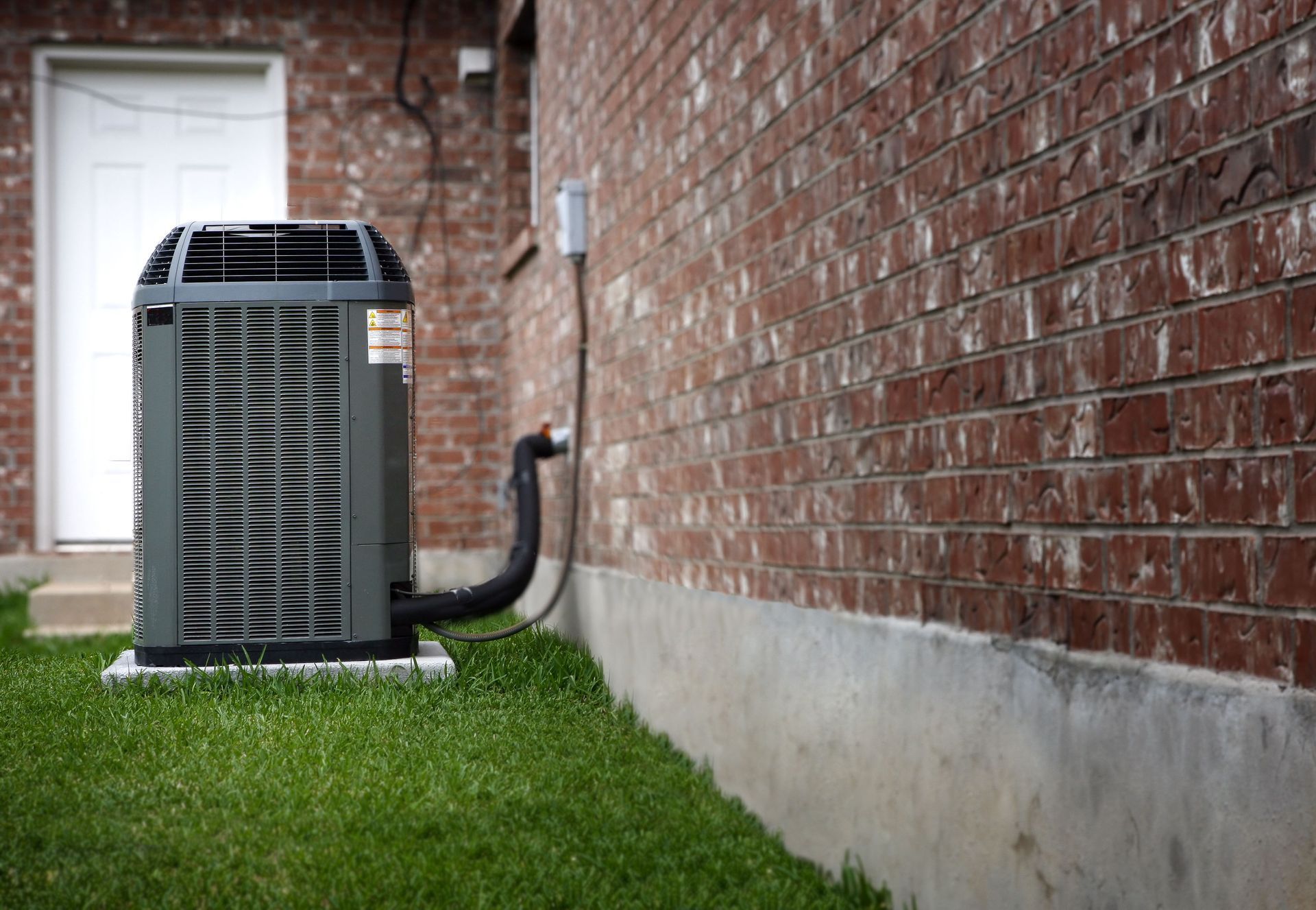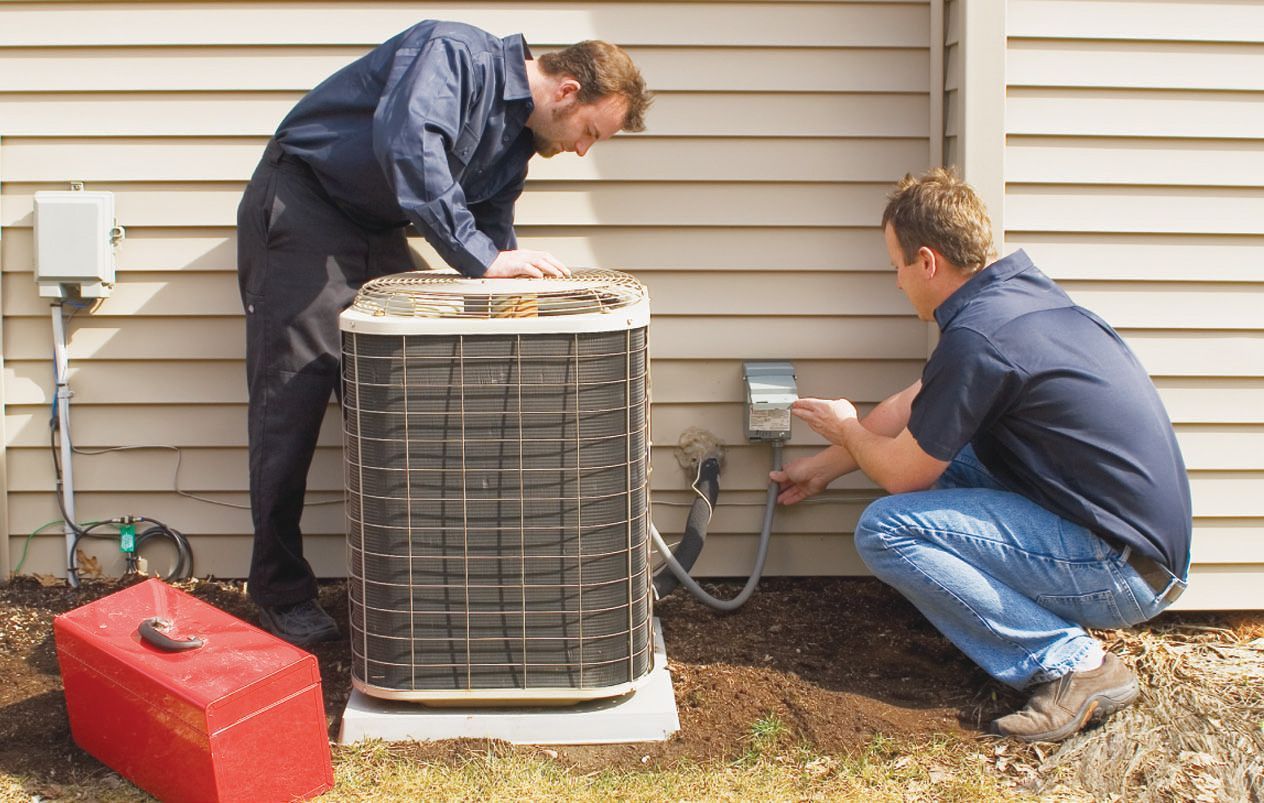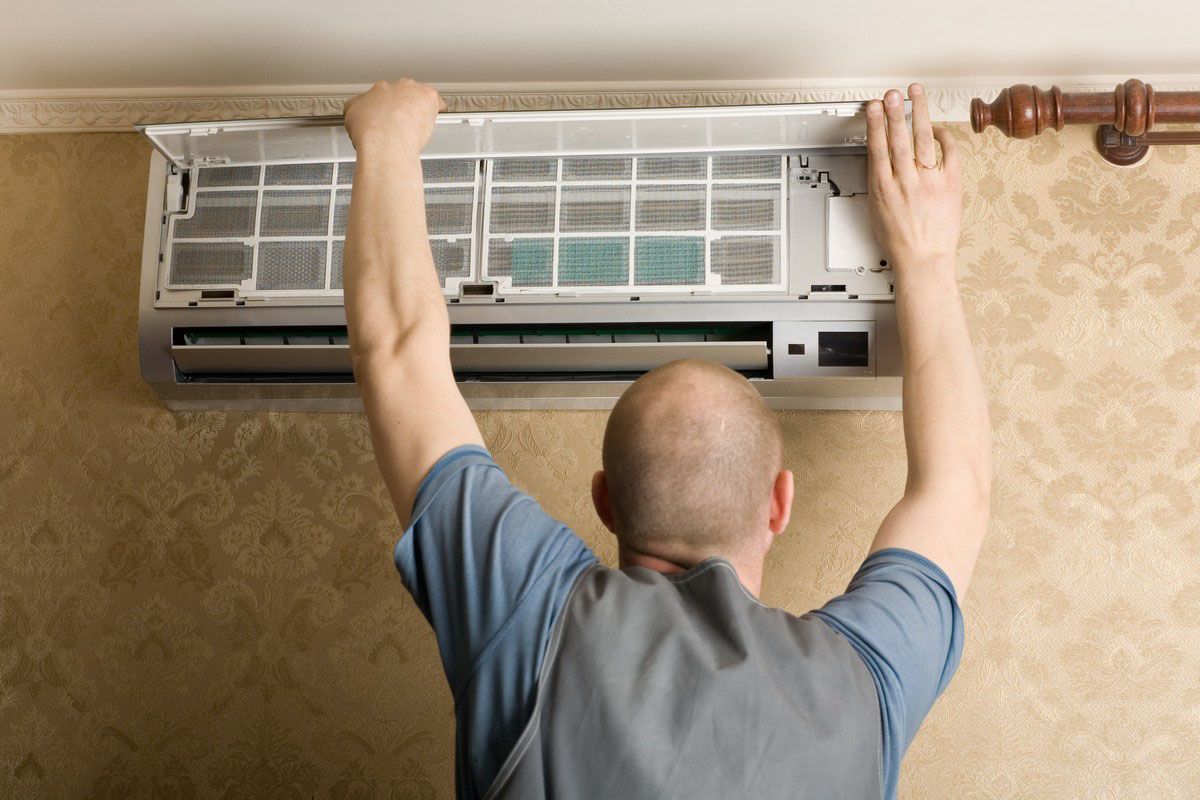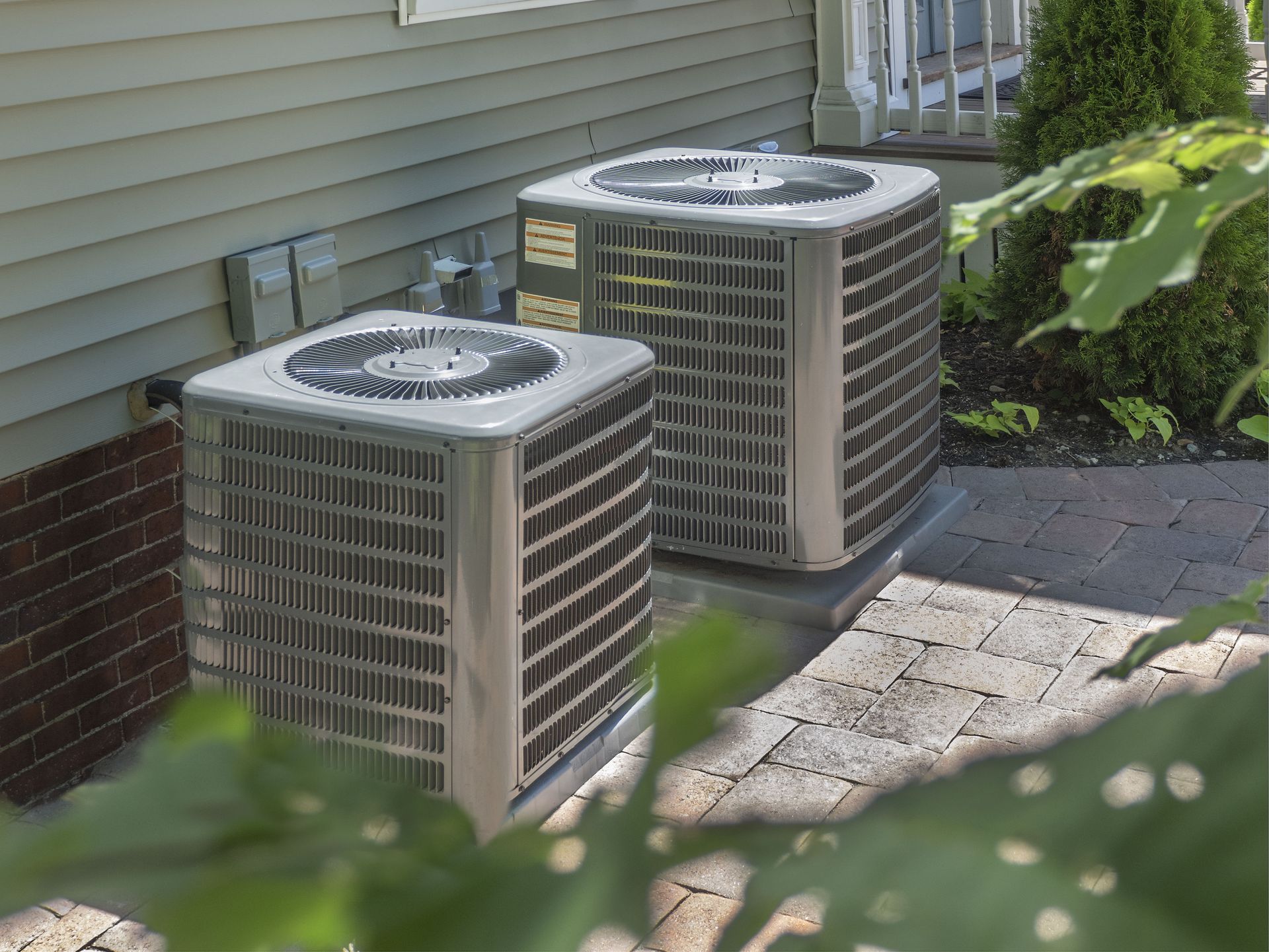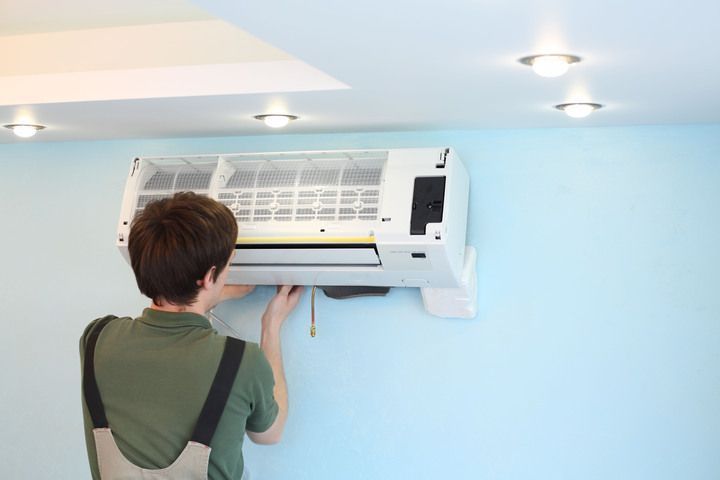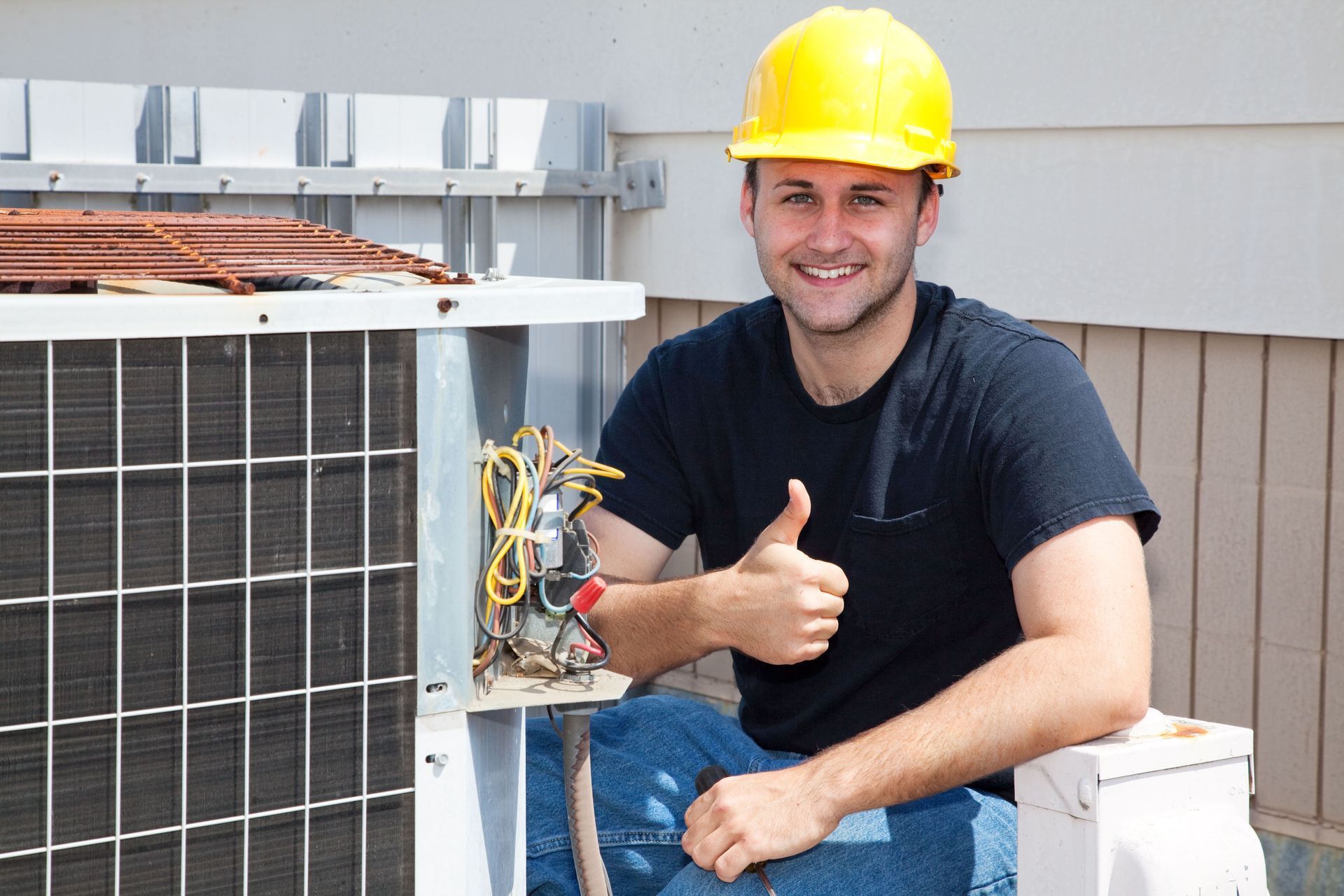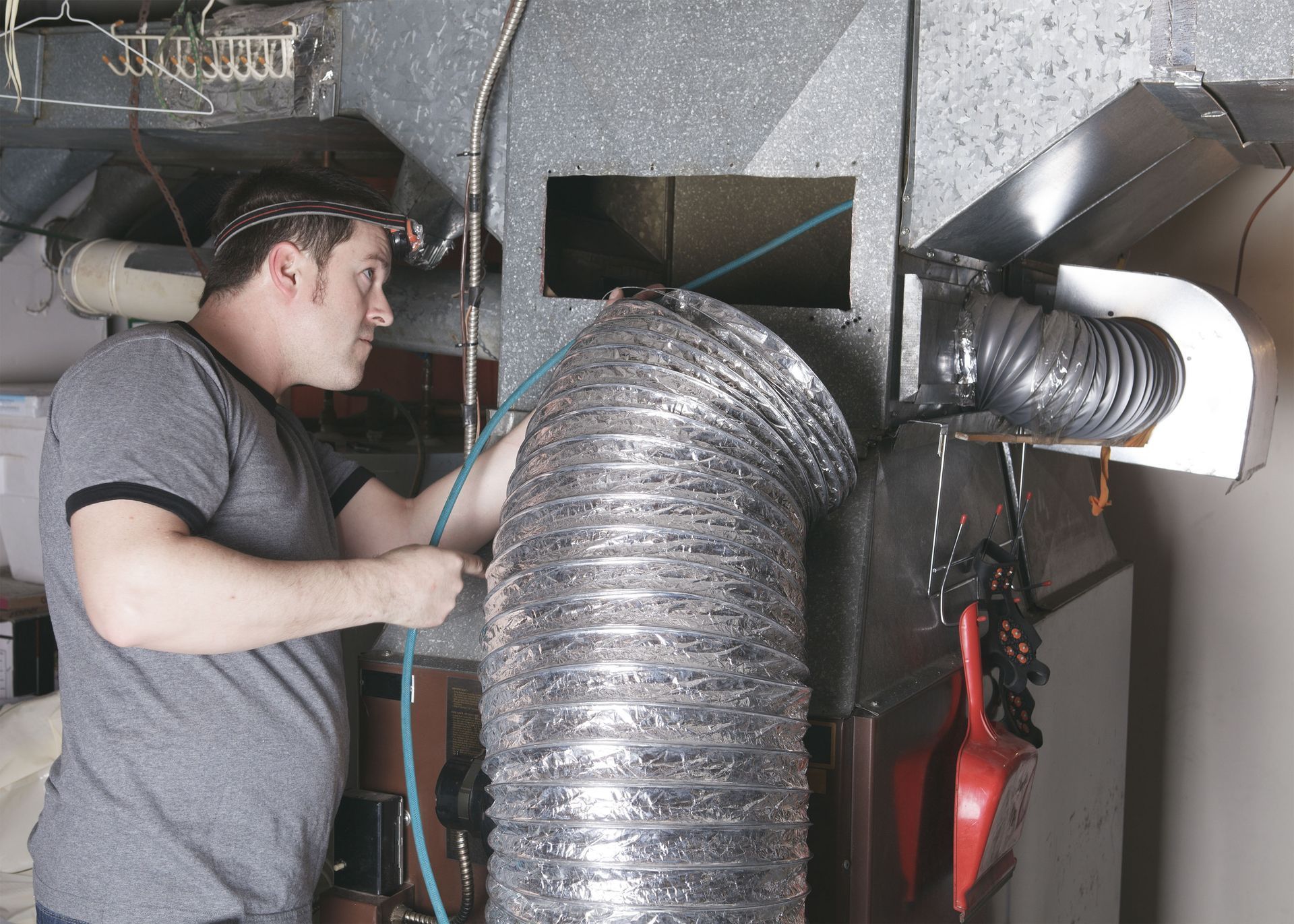3 Reasons Why Delaying AC Repairs Can Lead to Higher Energy Bills
Air conditioning systems are crucial for maintaining comfort in both residential and commercial spaces. Especially during the hot summer months, a well-functioning AC unit contributes to a pleasant indoor environment. However, the maintenance and timely repair of these systems are often overlooked. Delaying an AC repair may seem like a short-term solution, but it can result in increased energy consumption and higher utility bills. Timely repairs are essential not only for energy efficiency but also for preserving the longevity of the system and minimizing costs in the long run.
1. Reduced System Efficiency
1.1 Increased Strain on Components
When AC repairs are delayed, components of the system begin to work harder to maintain desired temperatures. This increased strain causes parts like the compressor to overheat and wear out prematurely. Over time, the system loses its ability to function efficiently, resulting in higher energy use. Consequently, this leads to escalated electricity bills, making operational costs more expensive. Routine maintenance and prompt AC repair are crucial to alleviate the stress on components, ensuring optimal efficiency and reducing energy consumption.
1.2 Dust and Dirt Accumulation
Without regular maintenance, dust and dirt can accumulate on filters and coils inside an AC system. This build-up of debris obstructs the system's airflow, which forces it to work harder to cool the air. Increased workload leads to elevated energy usage as the system operates for longer periods to achieve the desired indoor climate. Furthermore, blocked filters can reduce the air quality inside the home, impacting health. Regular cleaning and timely repairs prevent dust accumulation, allowing for efficient energy use and improved air quality.
1.3 Inadequate Cooling Output
As components become stressed from delayed repairs, cooling output starts to diminish. Poor cooling performance causes the system to run longer cycles to achieve target temperatures. These extended operational hours significantly increase energy consumption. The inefficiency not only translates to higher utility costs but also discomfort within the living space. Addressing issues promptly ensures the AC unit operates effectively, offering optimal cooling with lower energy expenditure.
1.4 Compromised Airflow
Improvements in airflow efficiency play a critical role in managing energy use. When airflow is compromised due to delayed repairs, the AC system has to exert more energy to circulate cool air. This results in using more electricity than necessary, driving up energy bills. Regularly servicing the air ducts, fans, and vents ensures that airflow remains unhindered, allowing the system to function smoothly and making it more energy efficient. Ensuring proper airflow should be a top priority to maintain energy-efficient operations and avoid extra costs.
1.5 Frequent System Cycling
Delayed repairs can cause an air conditioning system to start and stop frequently, a problem known as short cycling. Short cycles increase the electricity consumption as the compressor consumes the most energy during start-up. Inefficient system cycling also promotes wear and tear of parts, leading to further inefficiencies and potential breakdowns. Preventive maintenance is a straightforward solution to ensuring efficient cycling and reduced energy costs. Implementing timely repairs avoids unnecessary cycling and helps in maintaining consistent performance.
2. Increased Repair Costs
2.1 Minor Issues Escalating
Small issues, if not addressed on time, can escalate into major problems requiring extensive AC repair. For example, a simple leak might develop into a compressor failure. Such major breakdowns necessitate costly repairs or component replacements. According to HomeGuide, AC repair typically costs between $150 and $650, depending on the problem and whether the unit is under warranty. Prompt attention to minor repairs prevents issues from getting out of hand, saving time and money.
2.2 Elevated Diagnostic Costs
Delaying repairs often complicates issues, making them harder to diagnose and fix. Complex problems require extensive diagnostics, which increase the overall service costs. Experienced technicians may spend more time identifying underlying issues, leading to higher labor expenses. Addressing issues sooner rather than later ensures problems remain simple and less expensive to resolve. Routine maintenance checks help in early detection and prevention of costly diagnostic procedures.
2.3 Higher Replacement Needs
Prolonging repairs typically leads to premature failure of parts that might otherwise last longer. Issues like malfunctioning coils or damaged fans, if not addressed early, can lead to total part failure. Once these components fail, full replacements are often necessary, which can be significantly more expensive than minor repairs. Additionally, untimely part replacements disrupt the system's efficiency, adversely affecting performance and energy use. Timely repairs reduce the frequency of part replacements, extending their operational lifespan.
2.4 Multiple Service Calls
Neglecting initial problems may lead to recurring issues, necessitating repeated service calls. Each visit by a technician incurs additional costs, including service fees and labor charges. The inconvenience and financial strain of multiple service calls could be avoided with timely interventions. Regular maintenance reduces the chances of frequent breakdowns, minimizing the need for technician visits. By addressing repairs promptly, homeowners can avoid accumulating repair bills over time.
2.5 Warranty Voids
Many AC systems come with warranties that require regular maintenance as a condition for coverage. Failing to adhere to these maintenance schedules or delaying necessary repairs may void the warranty. Once voided, repair costs fall completely on the homeowner, leading to higher out-of-pocket expenses. Maintaining compliance with warranty conditions through prompt repairs can prevent warranty voidance and shield from unexpected repair costs. Protecting the warranty ensures coverage of repair expenses when needed, providing peace of mind to the owner.
3. Reduced AC Unit Lifespan
3.1 Accelerated Wear and Tear
Delaying maintenance leads directly to increased wear and tear on AC components, which shortens the system's overall lifespan. Components like fans, motors, and compressors work harder and under tougher conditions when issues are not addressed in a timely manner. This increased load accelerates degradation, resulting in premature failure and the need for a new system sooner than expected. Regular maintenance helps identify potential vulnerabilities early, preventing undue strain on components. A proactive approach to repairs can significantly extend the life of an AC unit, delaying the need for costly system replacements.
3.2 Corrosion and Leaks
Many AC problems, such as corrosion and refrigerant leaks, worsen significantly when neglected over time. Corrosion can affect key parts like the evaporator coils or other metal components, while leaks might lower refrigerant levels, undermining the system's functionality. The longer these issues persist, the more they exacerbate, causing severe damage to the unit. Repair or replacement of corroded parts is often costly and shortens the unit's lifecycle. Immediate attention to any signs of corrosion or leaks can preserve component life and maintain system efficiency.
3.3 Overheating Risks
Overheating caused by delaying repairs can lead to rapid component failure. Components such as motors and compressors generate excess heat under stress, which, without adequate maintenance, can wear out quickly. Overheating further deteriorates parts by weakening them and eventually causing operational failures. This increases the likelihood of complete system breakdowns, necessitating expensive replacements. Preventive repairs ensure proper functioning, reduce overheating risks, and support the longevity of the entire unit.
The importance of a timely AC repair goes beyond immediate financial implications. Addressing maintenance and repair needs promptly ensures system efficiency, prolongs unit lifespan, and supports energy conservation efforts. While the initial investment in repairs may seem significant, avoiding further energy wastage and preserving system integrity translate to substantial savings in the long run. Moreover, a well-maintained AC system enhances comfort, supports health, and reduces environmental impact, contributing positively to personal and global wellness. Prioritizing timely maintenance creates a sustainable, cost-effective, and comfortable living environment, justifying the proactive approach to repairs. If your property needs AC repair , make sure to contact Air Products Heating & Cooling today!

